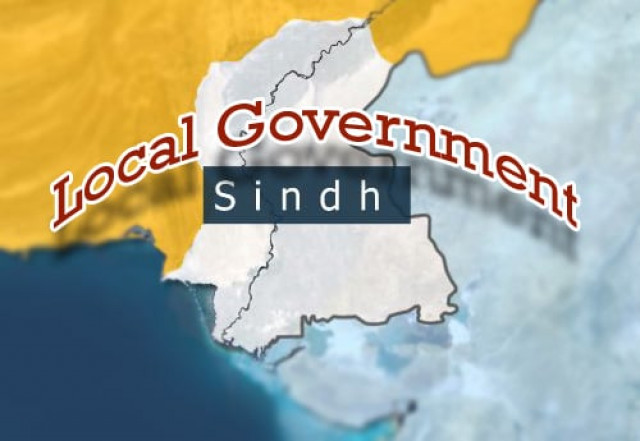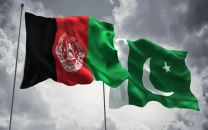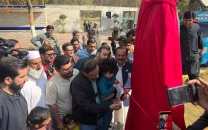Revival of local government
It would have been better if the PPP had initiated debate on what sort of local governments were required in Sindh.

The Sindh local government 1979 came into effect as the ad hoc setup ended on June 30. PHOTO: FILE
It is also ironic that a party, which struggled against General Ziaul Haq’s rule, is adopting a faulty piece of legislation enacted by the dictator to produce a class of loyal politicians. A long list of opportunistic politicians in Pakistan are creations of General Zia’s local governments. General (retd) Pervez Musharraf’s system of 2001 delegated even more powers to the local levels. Unfortunately, there was little political ownership of that system and it was abandoned in 2008.
It would have been better if the PPP had initiated debate on what sort of local governments were required in Sindh, given its demographics, urban-rural and ethnic divides. Designing a system that is fundamental to the workings of communities, towns and cities cannot occur without the people’s input. By resuscitating a system that relies on bureaucracy rather than elected officials, the 1979 law increases the burden on bureaucracy and increases red-tape inefficiency. There is still room for debate on this decision, particularly as it is going to affect service delivery and grievance redress mechanisms. Engaging with all stakeholders would provide the legislation with legitimacy. It would serve the Sindh government well to revisit its decision and consider the long-term governance crisis in the province.
Published in The Express Tribune, July 4th, 2013.
Like Opinion & Editorial on Facebook, follow @ETOpEd on Twitter to receive all updates on all our daily pieces.















COMMENTS
Comments are moderated and generally will be posted if they are on-topic and not abusive.
For more information, please see our Comments FAQ